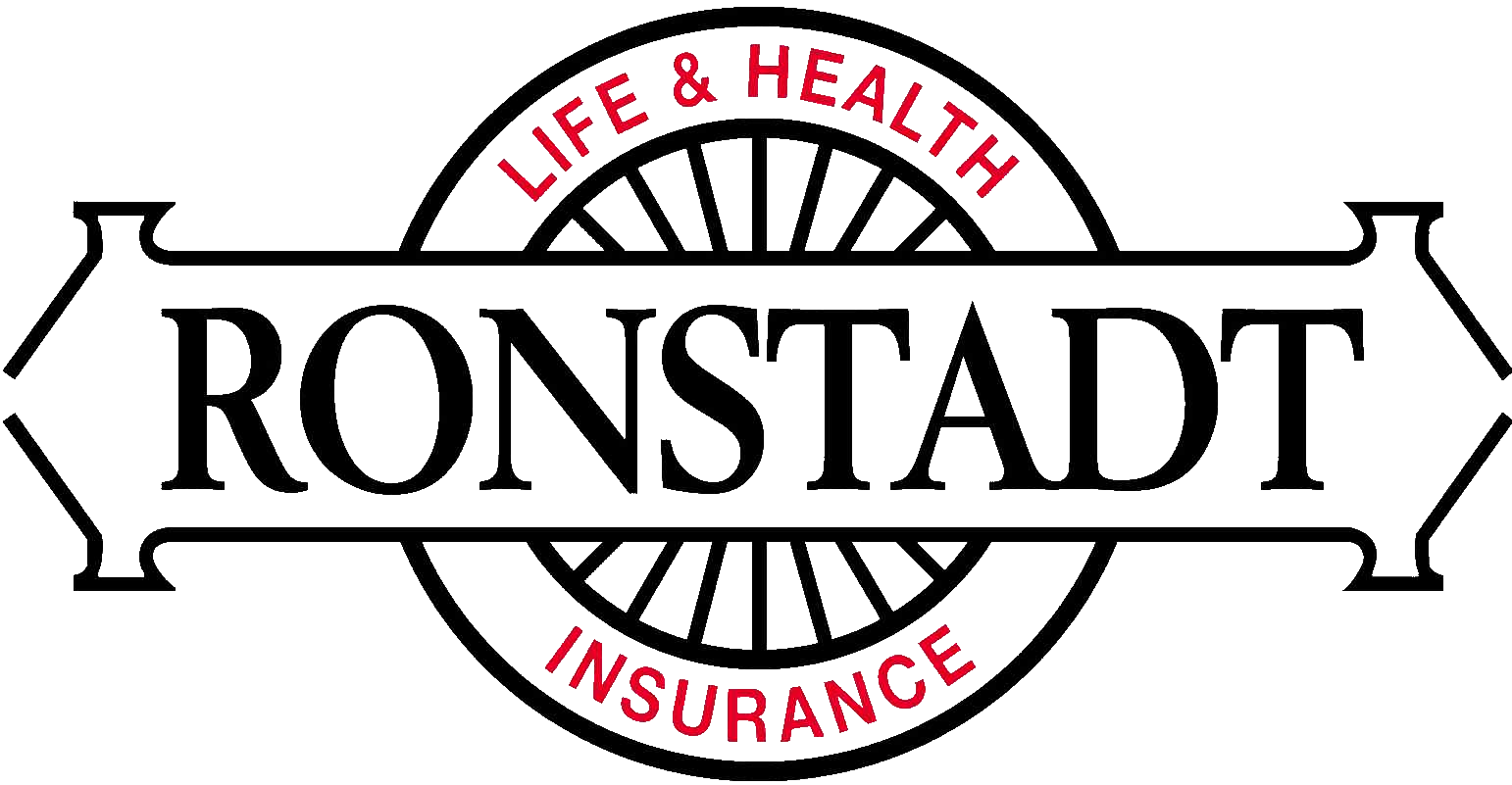Knowing the Importance of Mental Health and Taking Action Are Two Different Things
The survey results from Humantel suggest that the majority of people know the benefits of taking care of their mental health, and know steps they can take to do so – but don’t.
In fact, 98% of those surveyed stated that taking care of their mental well-being would be useful to them, but approximately 30% reported a strong association with contempt, fear, confusion, and frustration with doing so. This may be due to difficulty obtaining the care they need. The journey from feeling something is not right, to seeking information, care, and support options, to actually getting the help is a challenge in itself. Factoring in the many other things occurring in one’s life that limit the time, energy, and resources to take action, including work and cultural stigma, can make seeking care even more difficult.
According to an Evernorth Research report on behavioral health care, 15% of people who have mental health issues go undiagnosed and 60% of people with diagnosed mental health conditions do not receive care. This was before the pandemic exacerbated mental health issues. A national study. that measured mental health in April 2021 found that 32.8% of U.S. adults reported symptoms of depression, such as losing interest in activities, feeling hopeless, not getting quality sleep, feeling fatigued or lacking energy. This was above the 27.8% who did so in March 2020, and more than three times as high as the pre-pandemic estimate of 8.5%. With so many people experiencing mental health issues, the negative impacts to the U.S. workforce and the economy are likely significant.

















